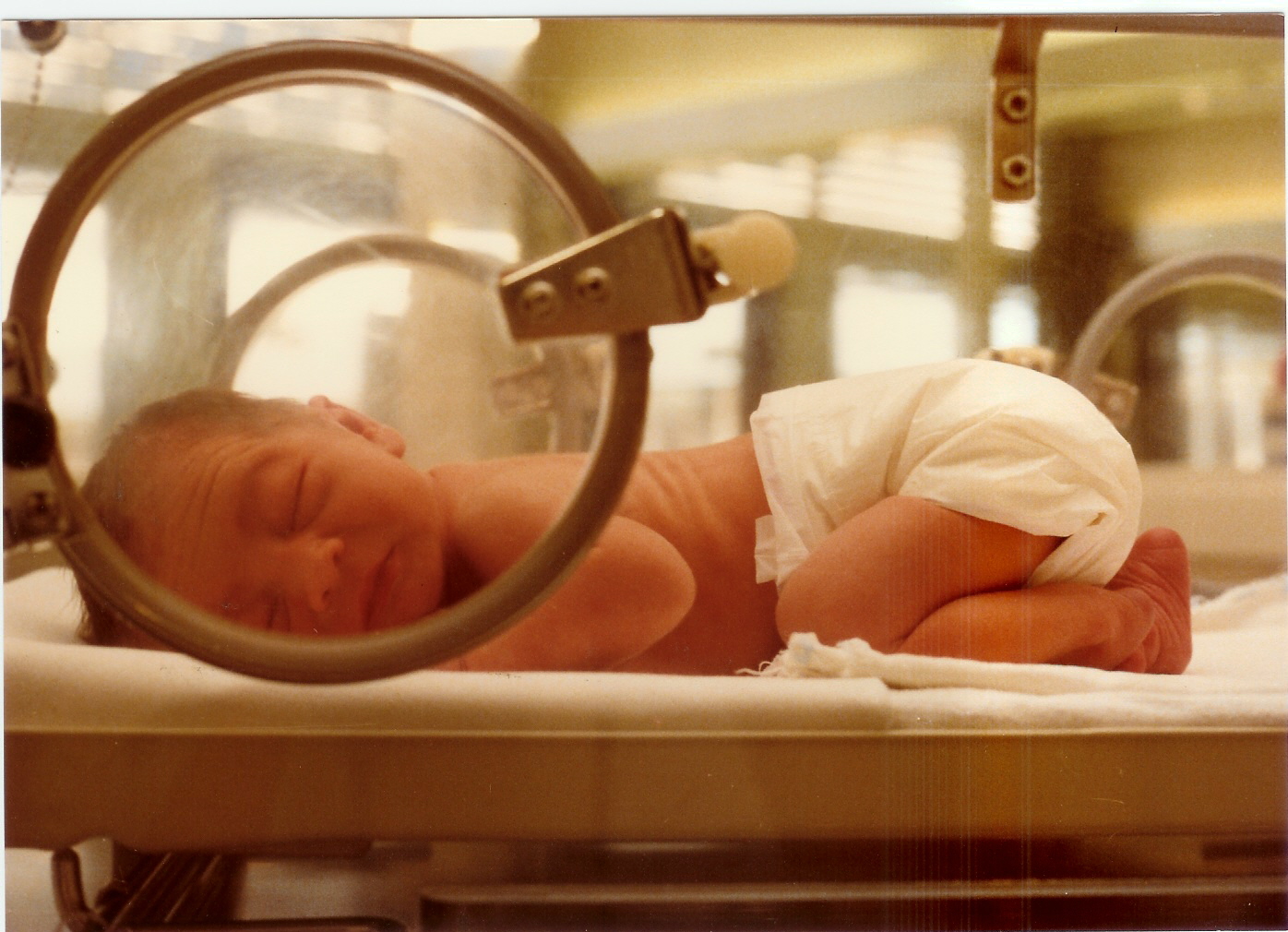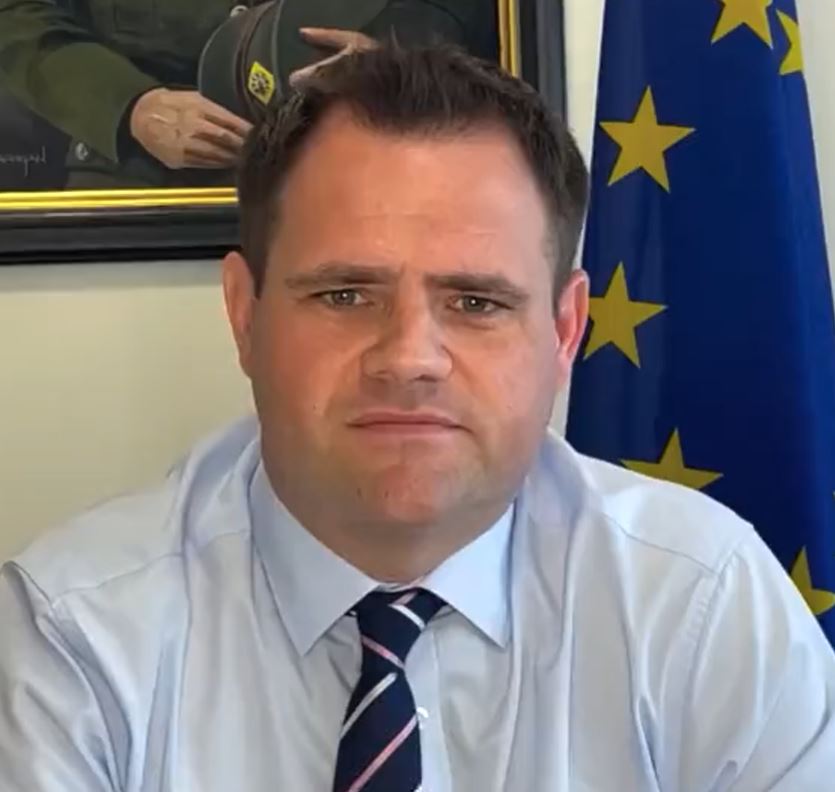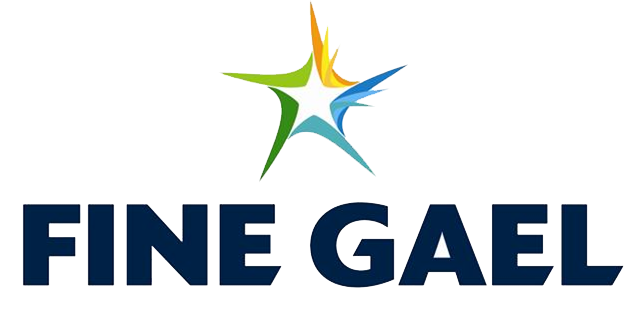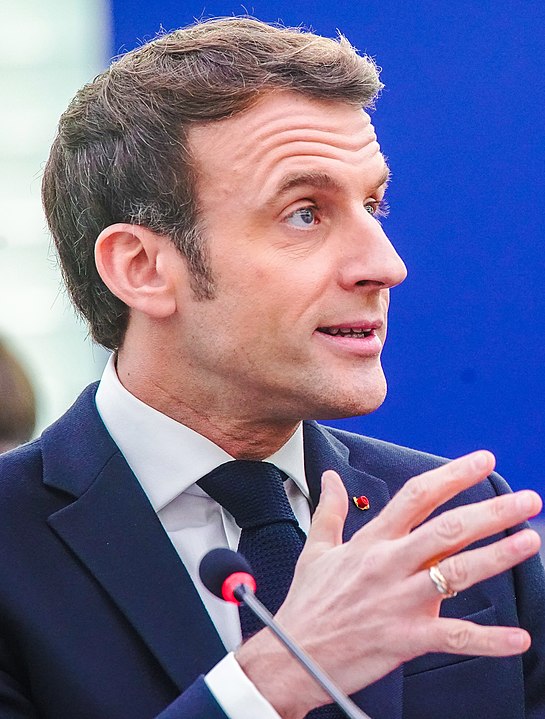
The number of adults being baptised in France in 2024 has significantly increased over previous years.
This year 7,135 adults will receive the sacrament of baptism at the Easter Vigil. This is a substantial 32 per cent increase on 2023 when 5,463 adults were baptised.
The figures confirm an ongoing trend of growth in the French Church. In 2023, the number of adult baptisms in France had increased by 21 per cent over the number in 2022, and by over 50 per cent compared to 2021, when 3,639 adults were baptised.
In the past twenty years, those requesting baptism in the Catholic Church as adults has more than doubled.
Moreover, the growth is not merely at the expense of baptisms at a younger age either, as the figures show that in 2024, the number of adolescents being baptised doubled compared to the year before. Adolescent baptisms in France have seen consistent growth over the course of the last five years.

Oregon’s doctor-assisted suicides jumped 21pc to 367 persons in 2023, with some patients vomiting up drugs and one who took six days to die in what critics call a ‘cruel or unusual punishment’.
The state’s annual report on its Death with Dignity Act (DWDA), showed that 560 people received prescriptions for deadly medications in 2023, and 367 ingested drugs and died from them — both sharp upticks from 2022.
Most often, DWDA recipients suffered from cancer (66 percent), followed by brain disease (11 percent) and heart disease (10 percent).
43 percent said they were concerned about becoming a burden on loved ones.
8 percent said they were ending their lives because of the costs of their treatment.
Most patients died within an hour of taking their drugs — typically a fatal cocktail of diazepam, morphine, phenobarbital, and other medicines.
But not all deaths were quick and easy.
Ten people faced complications, such as vomiting up their drugs or getting a burning sensation in their throats.
One patient took fully 137 hours — nearly six days — to die.

The level of reported sexually transmitted infections in Ireland increased by 31% last year, according to the Health Protection Surveillance Centre.
The largest increases were in gonorrhoea, which rose 68%, and chlamydia, which rose 25%.
Overall, the STI notification rate in 2023 increased to 452 per 100,000 population from 346 the year before.
The most common STIs reported in 2023 were chlamydia, with 13,711 notifications, and gonorrhoea with 6,824.
The groups most affected by STIs were young people aged from 15 to 24 years, and gay, bisexual and other men who have sex with men.
According to the HSPC, 45% of all STIs notified in 2023 were in people aged less than 25 years of age.
In 15 to 19-year-old females, the STI notification rate increased by 61%, the chlamydia notification rate increased by 53% and the gonorrhoea notification rate increased by 175%.

A legislative amendment to give unborn babies with Down’s syndrome the same protection from abortion as babies without a disability has been proposed in the House of Commons.
The former GP, cabinet minister and defence secretary, Sir Liam Fox, tabled the amendment to the Government’s Criminal Justice Bill.
It has been signed by 40 MPs.
The general abortion time limit is set at 24 weeks, but for cases in which a baby is thought to have a disability, including Down’s syndrome, abortion is available up to birth. This amendment will equalise the time limit for babies with Down’s syndrome, meaning that it will be set at 24 weeks.
The amendment has cross-party support from MPs among the Conservatives, Labour, Liberal Democrats, SNP and the DUP.
The most recent full-year abortion statistics, for the year ending 31 December 2021, show there were 859 abortions where a baby had Down’s syndrome in 2021, an increase of 24% from 2020.
The actual numbers are thought to be higher due to underreporting.

Japan’s plummeting birth rate has led a nappy manufacturer to stop making nappies for babies and instead ramp up production for adults, the company has said.
Oji Holdings will wrap up domestic output of infant nappies in September, after production dropped from a 2001 peak of around 700 million annually to 400 million today.
A spokesman said the demand for baby nappies “is decreasing because of factors including the falling birth rate.”
They will continue to be sold in Japan until stocks run out.
The number of births in Japan dropped to a new low in 2023, with more than twice as many deaths as new babies born.
The spokesman said Oji Holdings will boost production of the sanitary items for adults in the country, anticipating their use mainly in facilities like nursing homes.

A woman who had taken prescribed abortion pills later presented with a life-threatening ruptured ectopic pregnancy in Maternity Hospital Limerick, according to a report published in the Journal of the Irish Medical Organisation.
The authors said the practice of not providing an ultrasound in drug-induced abortion could lead to death where it was not understood that ectopic pregnancy was involved.
In response, Doctors for Life said that that previous warnings on the absence of a scan prior to prescribing abortion pills must now be heeded as a matter of urgency.
The case was written up in the March edition of the IMO’s Journal. The authors said that it provided insights into “a serious and life-threatening event, i.e., maternal collapse due to a ruptured EP [ectopic pregnancy] after a termination of pregnancy”.
They added: “It could have been prevented by an ultrasound for location of the pregnancy. Offering an ultrasound to confirm IUP to patients requesting abortifacients is not routine & this practice may result in masking signs and symptoms of EP in patients having abortion and result in mortality due to misdiagnosis and overlap in symptoms of EP and abortion”.

Simon Harris pledged the Government won’t ‘abandon’ the Hate Speech bill even as another Minister admitted it is unlikely to pass into law.
This comes as Sinn Fein announced their opposition to the bill and numerous backbench FF and FG deputies called for it to be withdrawn.
Minister Harris said the Programme for Government committed to the legislation, “for good reason,” while granting that there have been, “a number of legitimate questions raised” about it.
On the Tonight show, however, Minister of State Neale Richmond said that while it is possible the legislation could become law before the next election, “realistically, I think there is a review process under way… there’s an awful lot of amendments to review, and there’s an awful lot of people both in favour of it and against it who want that to be reflected upon …”
Presenter Ciara Doherty responded: “Its gone, Neale, I think what you’re saying but not explicit, the Hate Speech legislation is gone, isn’t it?”
“I think in its current format it would be very hard to see it progress through the Dail, but we are going back to reflect on it as Barry and others have asked us”, he replied.
FF TD Barry Cowen added: “I’m thinking of ‘going, going, gone’ and in its present format its going nowhere”.

A senior Fine Gael TD has called on the incoming party leader Simon Harris to abandon the Government’s hate speech legislation and return Fine Gael to “core” values. He said these values do not include abortion.
The call comes as an Irish Times/Ipsos B&A Snapshot poll cited the Family and Care referendums (23pc), housing (16 pc), and immigration (14pc) as the top issues impacting the electorate’s view of the Government.
Michael Ring, a former minister, told RTÉ’s This Week programme: “We need to go back to small businesses and farmers and we need to forget about a lot of these social issues we have been raising over the last few years that have been annoying people and upsetting people.”
“I want the hate bill gone, and I want to get rid of that daft idea of opening pubs all night. I will be stronger this time and I won’t be allowing Fine Gael to go into these kinds of social issues that people don’t want,” he said.
“Our core values are not abortion, our core values are not to open pubs all night, our core values are not about hate speech”.

A record high 80% of U.S. adults say religion’s role in American life is shrinking and most are not happy about it, according to a new Pew Research Center survey.
Overall, 49% of U.S. adults say both that religion is losing influence and that this is a bad thing. An additional 8% of U.S. adults think religion’s influence is growing and that this is a good thing.
Together, a combined 57% of U.S adults – a clear majority – express a positive view of religion’s influence on American life.
Overall, there are widespread signs of unease with religion’s trajectory in American life.
48% of U.S. adults say there’s “a great deal” of or “some” conflict between their religious beliefs and mainstream American culture, up from 42% in 2020.
At the same time, 72% of religiously unaffiliated adults – those who identify, religiously, as atheist, agnostic or “nothing in particular” – say conservative Christians have gone too far in trying to control religion in the government and public schools; 63% of Christians say the same about secular liberals.

France’s Catholic bishops have hit back against President Emmanuel Macron’s proposed legislation to enable adults facing terminal illness to access assisted suicide.
In a statement, the bishops, who were meeting in Lourdes for their spring plenary assembly, voiced “our great concern and our deep reservations with regard to the bill announced on the end of life”.
Noting that the Marian shrine in Lourdes is traditionally a place where those who are sick come to experience healing, the bishops voiced their solidarity with “the most fragile people” and insisted that all human life must be “unconditionally respected and accompanied with authentic fraternity”.
“We reaffirm our attachment to the French way of refusing induced death,” they said, and asked that priority be given to palliative care instead, saying, “our democratic ideal, so fragile and so necessary, is based on the founding prohibition against killing”.